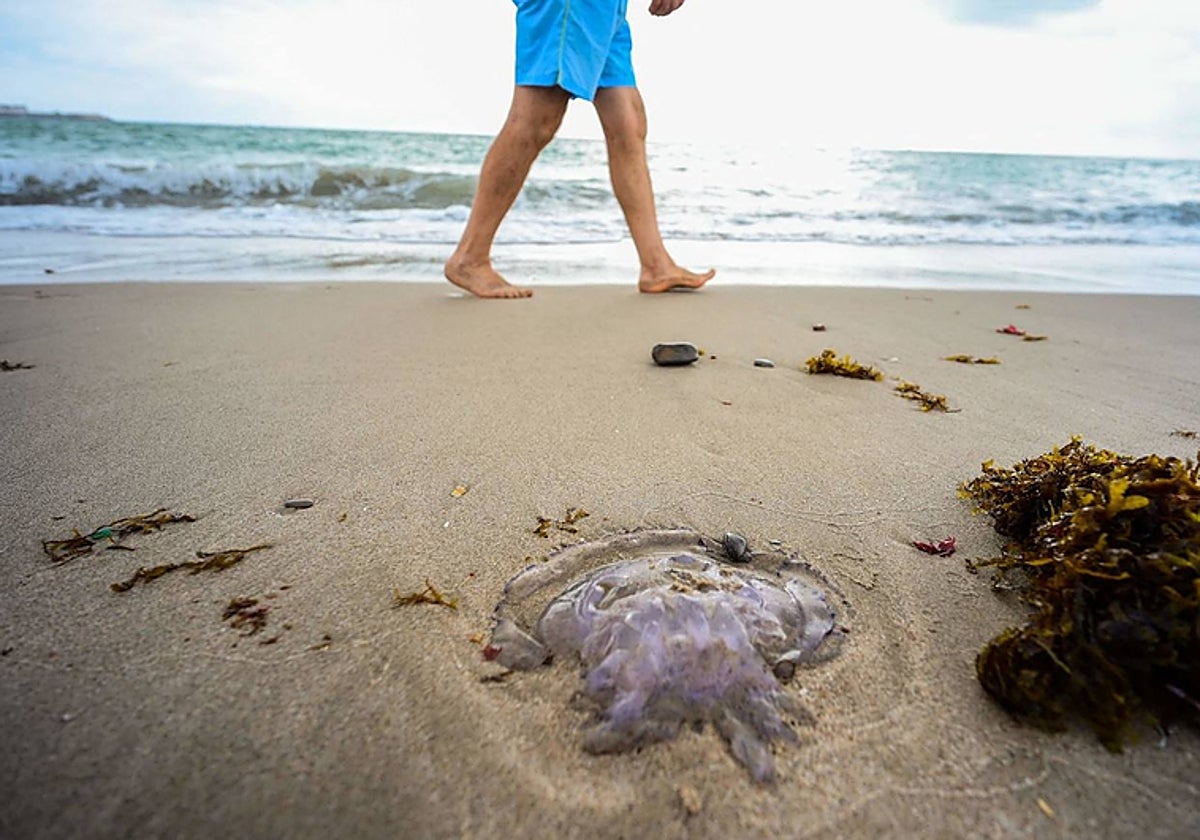Mediterranean sets new sea temperature record after registering 28.7C in July
Rising sea temperatures threaten marine wildlife and could cause more storm activity in autumn, experts in Spain have warned
Lola Soriano
Valencia
Monday, 31 July 2023, 16:27
During the week of 20 July the temperature of the sea in the Mediterranean waters off the Valencian coast of Spain reached 27.7 degrees, but if that wasn't already cause for alarm then five days later it hit 28.7.
The figure is a record, since the highest temperature, 28.4C, was recorded in the Mediterranean in 2003. The situation has concerned researchers, since this rise will likely have an affect on sea life and spark more storm activity, say the experts.
Silvia Falco, director of the environmental master's degree course in marine and coastal ecosystems at the Gandia campus of the Universitat Politècnica de València said they did a sampling of the water temperature on the coast of Gandia last Tuesday 25 July and discovered it was 28.7 degrees.
When a similar temperature was recorded in 2003, it came after months of heat, at the backend of summer in September. But 28.7 degrees recorded in July, in the middle of summer, is a "worry", Falco added.
"If we already have these temperatures in July, we will have to wait and see, because there is still August and September to come, to see if these figures will continue to rise," she said. The weather portal eltiempo.es, also points out that "the maximum temperature in the basin" of the Mediterranean normally "is reached in late August".
"One problem that can occur is that some organisms do not tolerate the warmth and will die," Falco said. "Some will die and others will adapt, but it will affect the way they behave."
Falco said the university is conducting an experiment with tellinas, a type of sea mollusk. "We have them acclimatised in fish tanks and at 28 degrees they only live for a few days, then die. When they are in the sea, they can bury themselves in the sand as a defence," she said.
Poikilothermic organisms
"Poikilothermic organisms, are not able to regulate their body temperature, as mammals do, and if there is a change in the environment in which they live, it will affect them," Falco added. It remains to be seen "what is the lethal temperature for jellyfish", as they do not regulate their temperature.
The increase in temperature has also coincided with the appearance of dead Portuguese caravels on beaches such as El Saler, La Garrofera, Pinedo and Cabanyal. On Sunday 30 July there were lifeless jellyfish in Pinedo, in an area where algae had accumulated.
Of the possiblity of a link, Falco said: "I don't think so, it will have more to do with the currents that have dragged them there and the low availability of food". But, the researcher said that the heat in the sea could lead to extreme meteorological effects such as storms, hurricane winds and storm surges.
